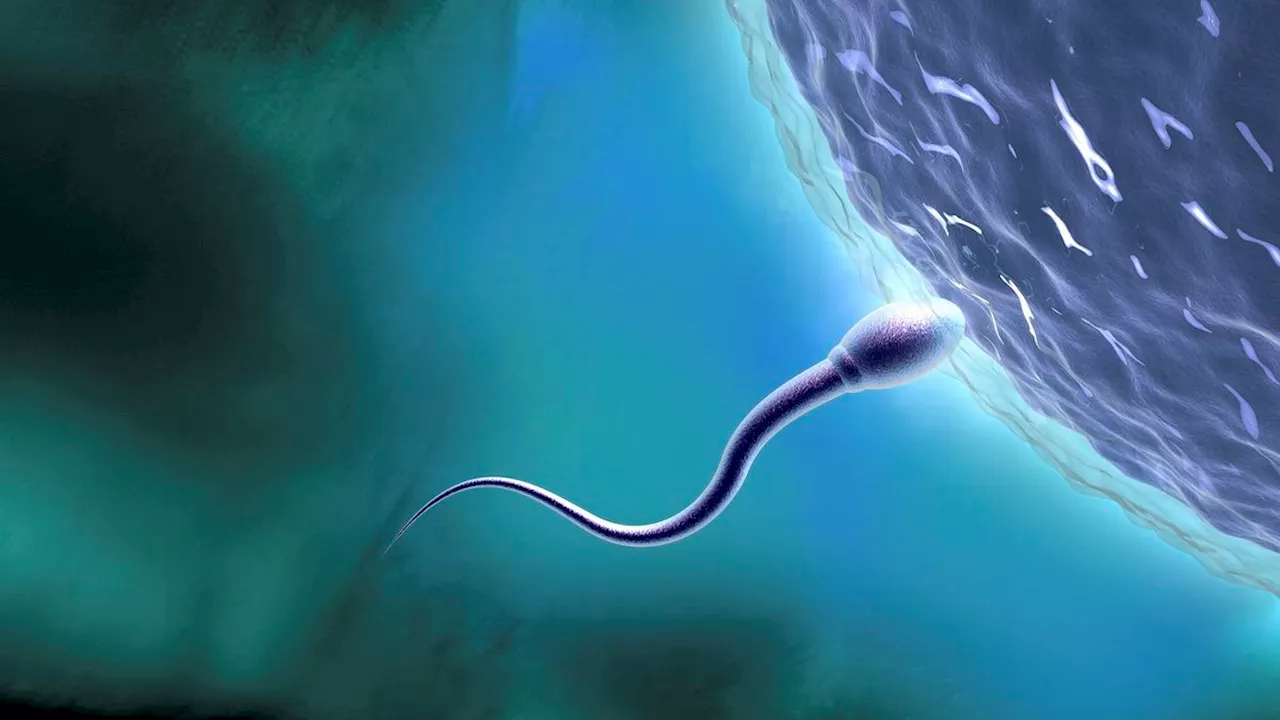Research suggests that childhood loss may lead to increased oxytocin and dopamine activity, resulting in enhanced attachment abilities and creative problem-solving skills in adulthood.
We often assume that childhood loss leaves us with a deficit, making it harder to bond, attune, or parent effectively. But research suggests the opposite might be true. Our brains might have adapted to enhance our ability to connect and form attachments. This idea stems from the study of post-traumatic parents—parents who are raising their children while healing from their own past traumas.
These parents often approach parenting with a sense of worry, fearing their history makes them less equipped to provide secure attachment for their children. However, this study challenges that assumption. It suggests that our experiences with childhood loss may have actually primed us for deep connection.Think about it: If we've spent our lives hyper-aware of attachment—longing for it, studying it, overcompensating for its loss—it makes sense that we would be intentional in creating it for our own children. And now, there's biological evidence to back that up. This study aligns with what many post-traumatic parents experience in their own lives. They often become incredibly attuned caregivers, working extra hard to ensure their children feel safe and seen. They understand what it feels like to navigate loss and are driven to create a secure and loving environment for their children. This isn't to say that childhood loss is a good thing or that it doesn't come with challenges. The early years after loss can be profoundly difficult. Many participants in the study exhibited attachment avoidance as a survival mechanism—learning not to rely too much on caregivers who might not always be there. But as we grow, and especially as we become parents, our attachment patterns can shift. The study suggests that by adulthood, those who experienced early parental loss often develop lower attachment avoidance overall, meaning they seek and maintain close relationships rather than shutting down emotionally. This study opens up new questions about the intersection of childhood loss, neurobiology, and parenting. It's one thing to see an epigenetic shift in oxytocin and dopamine activity; it's another to understand how those shifts play out in real-life parenting dynamics. How do post-traumatic parents specifically apply their heightened attachment awareness in parenting? For those of us who are raising children while healing from our own childhood wounds, this study offers something powerful: Rather than seeing ourselves as inherently broken or less capable, we can reframe our experiences as sources of strength. If our biology has adapted to enhance oxytocin and dopamine function—to crave connection and reward—we may be uniquely equipped to create loving and secure relationships with our children.
CHILDHOOD LOSS ATTACHMENT DOPAMINE OXYTOCIN POST-TRAUMATIC PARENTING BRAIN ADAPTATION CREATIVITY
United States Latest News, United States Headlines
Similar News:You can also read news stories similar to this one that we have collected from other news sources.
 Weight-Loss Drugs May Cause Vision Loss: What You Need to KnowA new study published in JAMA Ophthalmology suggests that GLP-1 medications, such as semaglutide (Ozempic, Wegovy) and tirzepatide (Mounjaro, Zepbound), could be linked to a rare but serious eye condition called nonarteritic anterior ischemic optic neuropathy (NAION). While these drugs are effective for weight loss, the study warns of potential irreversible vision loss. Patients experiencing any changes in vision while taking these medications should consult their doctor immediately.
Weight-Loss Drugs May Cause Vision Loss: What You Need to KnowA new study published in JAMA Ophthalmology suggests that GLP-1 medications, such as semaglutide (Ozempic, Wegovy) and tirzepatide (Mounjaro, Zepbound), could be linked to a rare but serious eye condition called nonarteritic anterior ischemic optic neuropathy (NAION). While these drugs are effective for weight loss, the study warns of potential irreversible vision loss. Patients experiencing any changes in vision while taking these medications should consult their doctor immediately.
Read more »
 Zooey Deschanel Mourns Loss of Childhood Home in LA WildfiresActress Zooey Deschanel shared a heartfelt tribute on Instagram after her childhood home was destroyed in the devastating Los Angeles wildfires. The New Girl star posted a series of photos, including one from before the fire and another showing the charred remains, alongside a poignant caption reflecting on the countless memories made within its walls.
Zooey Deschanel Mourns Loss of Childhood Home in LA WildfiresActress Zooey Deschanel shared a heartfelt tribute on Instagram after her childhood home was destroyed in the devastating Los Angeles wildfires. The New Girl star posted a series of photos, including one from before the fire and another showing the charred remains, alongside a poignant caption reflecting on the countless memories made within its walls.
Read more »
 Test Drive an Electric Future: Drive Electric Arizona Hosts EV ShowcaseDrive Electric Arizona hosted a successful event at the Desert Foothills Library in Cave Creek, allowing attendees to test drive various electric vehicles and learn about EV technology. The event focused on dispelling myths and providing a hands-on experience with electric cars, addressing common concerns such as range anxiety and charging costs.
Test Drive an Electric Future: Drive Electric Arizona Hosts EV ShowcaseDrive Electric Arizona hosted a successful event at the Desert Foothills Library in Cave Creek, allowing attendees to test drive various electric vehicles and learn about EV technology. The event focused on dispelling myths and providing a hands-on experience with electric cars, addressing common concerns such as range anxiety and charging costs.
Read more »
 San Jose Police Investigate Shooting Incident Near Farm Drive and Dow DriveA shooting incident in San Jose left one person with life-threatening injuries. Police responded to a 911 call about an alleged intruder and seized a gun cache. Authorities have closed Farm Drive for an extended period and are urging the public to avoid the area.
San Jose Police Investigate Shooting Incident Near Farm Drive and Dow DriveA shooting incident in San Jose left one person with life-threatening injuries. Police responded to a 911 call about an alleged intruder and seized a gun cache. Authorities have closed Farm Drive for an extended period and are urging the public to avoid the area.
Read more »
 Childhood epilepsy may predispose to memory disorders later in lifeResearchers demonstrated that individuals who had childhood epilepsy have an increased accumulation of brain amyloid later in life, potentially predisposing them to late-onset brain amyloid disorders, such as Alzheimer's disease.
Childhood epilepsy may predispose to memory disorders later in lifeResearchers demonstrated that individuals who had childhood epilepsy have an increased accumulation of brain amyloid later in life, potentially predisposing them to late-onset brain amyloid disorders, such as Alzheimer's disease.
Read more »
 Childhood Stress May Leave Epigenetic Marks on Sperm, Potentially Affecting Future GenerationsA new study suggests that the epigenetic effects of childhood stress in fathers may be passed down to their children through sperm. Researchers analyzed sperm cells from 58 men and found distinct epigenetic profiles in those who experienced high childhood stress. These changes persisted even after accounting for other lifestyle factors.
Childhood Stress May Leave Epigenetic Marks on Sperm, Potentially Affecting Future GenerationsA new study suggests that the epigenetic effects of childhood stress in fathers may be passed down to their children through sperm. Researchers analyzed sperm cells from 58 men and found distinct epigenetic profiles in those who experienced high childhood stress. These changes persisted even after accounting for other lifestyle factors.
Read more »
